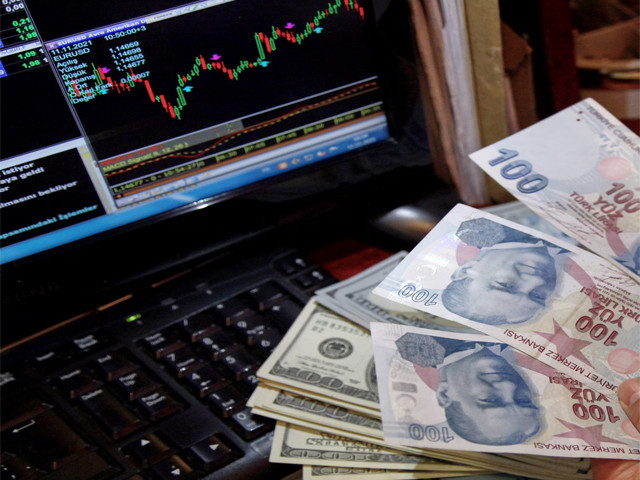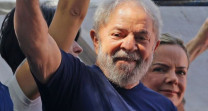Has Turkey’s inflation peaked at 75%?
With the interest rate at 50%, inflation in Turkey reached an 18-month high in March.

Turkey’s annual inflation rate reached as high as 75.45% in May, its highest since November 2022, and its monthly inflation rate was 3.37%, according to the Turkish Statistical Institute.
The biggest rise in prices came in the sectors of education, housing and restaurants.
The monthly inflation for the previous month was 69.80%. Despite the increase in both, the inflation rate is expected to ease after May.
The data revealed for the month of May was not too far off from the expectations of economists, many of whom expected the inflation to peak at a similar rate.
A Reuters poll revealed that annual inflation had been forecasted to peak at 74.8% in May before dropping to 42% by the end of the year.
Finance Minister Mehmet Simsek said on social media platform X that “the worst is over.” “We saw the highest level of annual inflation this month. So, the transition period in the fight against inflation is completed and we are entering the disinflation process,” he added.
In an effort to control this rise in prices President Recep Tayyip Erdogan set the interest rate at 50% in March, and the central bank claimed that this monetary tightening would not cease until they noticed a significant decline in inflationary trends, and would be furthered in case of a deterioration in the outlook.
Erdogan had previously favoured expansionary monetary policies with low interest rates to stimulate growth and economic activity. However, the following periods of galloping inflation meant he had to put these policies on hold and significantly raise interest rates to combat the uncontrolled rise in prices.
Also read: Turkey's resurgent opposition trounces Erdogan in pivotal local elections
A reason for this backtracking of his growth-favouring policies may have been the fall in support of his party brought about by the rise in cost of living and the failure to deal with it accordingly. The fall in support can be seen in the results of the March municipal elections, and hence the contractionary policies may have been motivated by a hope to increase support.
Erdogan’s insistence on expansionary policies also brought about depreciation of the lira, which has depreciated by more than 5 times in its rate with the US Dollar from 5 years ago, and has fallen by over 8% this year.
However, since interest rates were increased in March, the currency has been somewhat stabilised, which is part of the reason economists believe the period of inflation has peaked and will begin its downward trend.
This change in policy has also attracted foreign investment, and the central banks foreign reserves have increased significantly.
However, though not far off, the data revealed on June 3 displayed inflation rates slightly above what was expected. “We’re confident that inflation has now reached a peak but, with today’s release containing a few unpleasant surprises, the pace of disinflation in the second half of the year is looking a bit more uncertain,” wrote Liam Peach of Capital Economics in a research note.
In fact, the central bank increased its inflation forecast for the end of the year from 36% to 38%. Hence, it seems the forecasted disinflation will not be as straightforward as was hoped.
Economists have differing opinions as to when the central bank will cut interest rates.
Though it is likely that they will have to at some point, it is unclear when this will be.
If inflation targets by the end of the year are to be met, a cut in interest rates would be difficult to achieve, however, putting it off too long could bring about a worse recession or irreversible stunts in economic stimulation and growth.



















COMMENTS
Comments are moderated and generally will be posted if they are on-topic and not abusive.
For more information, please see our Comments FAQ